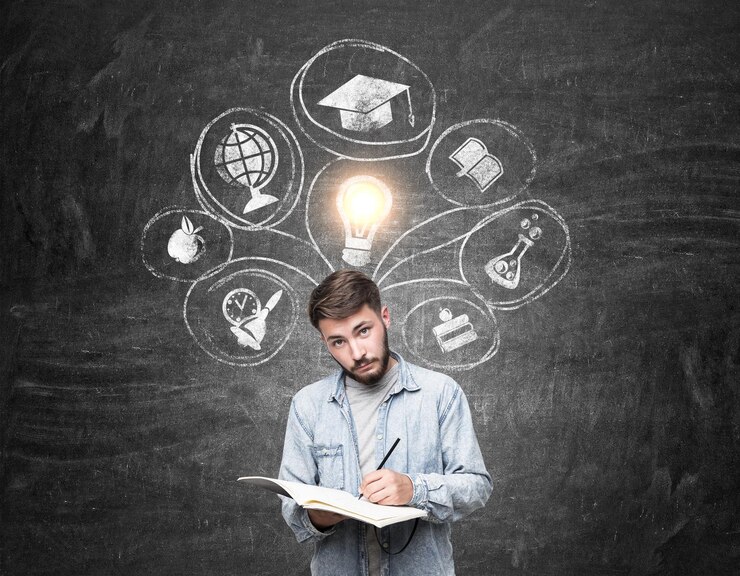Lotus299, Goldenexch, Msdexch: Learning is a complex process that involves acquiring new knowledge or skills through experience, study, or instruction. It encompasses various activities such as reading, listening, observing, and practicing to make connections and understand concepts. The brain processes the information received and forms connections between new and existing knowledge, allowing for the retention and application of what has been learned. This continuous cycle of receiving, processing, and storing information is essential for the development of cognitive abilities and the enhancement of skills.
Moreover, learning is a lifelong journey that occurs in different settings such as schools, workplaces, and everyday life. It involves a combination of formal education and informal experiences that contribute to a person’s overall understanding of the world. Individuals engage in learning to adapt to new environments, solve problems, make decisions, and improve their performance in various aspects of life. By understanding the underlying processes of learning and adopting effective study techniques, individuals can enhance their learning outcomes and achieve their educational and personal goals.
The Role of Memory in Learning
Memory plays a fundamental role in the learning process. It helps individuals store, retain, and retrieve information when needed. Without memory, it would be impossible for us to learn new concepts, skills, and experiences.
There are different types of memory that come into play during learning. Working memory allows us to hold and manipulate information temporarily, while long-term memory aids in storing vast amounts of information for extended periods. By understanding how memory works, educators and students can adopt strategies to enhance learning and comprehension.
• Memory is essential for storing, retaining, and retrieving information
• Without memory, learning new concepts and skills would be impossible
• Different types of memory play a role in the learning process
– Working memory helps hold and manipulate information temporarily
– Long-term memory aids in storing vast amounts of information for extended periods
• Understanding how memory works can help educators and students enhance learning and comprehension
Effective Study Techniques
Aldoexch, Aaonline777, Aaonline247: When it comes to studying effectively, it is important to create a suitable study environment. Find a quiet and organised space free from distractions where you can focus entirely on your work. Ensure that you are having all the necessary study materials with better reach to avoid interruptions.
Additionally, practicing active learning techniques can significantly enhance your studying experience. Instead of passively reading through materials, engage with the content actively by summarizing key points, asking questions, and testing yourself on the information. This approach helps to solidify your understanding and retention of the material.
What is the importance of understanding learning processes?
Understanding learning processes helps individuals comprehend how information is acquired, retained, and recalled, leading to more effective study techniques.
How does memory play a role in learning?
Memory is essential in the learning process as it involves storing and retrieving information, enabling individuals to retain knowledge and apply it in various situations.
What are some effective study techniques that can enhance learning?
Effective study techniques include active learning, spaced repetition, summarizing key points, practicing self-testing, and seeking clarification when faced with challenges.
Additional:
The Science of Climate Change: Understanding the Impact on Ecosystems

